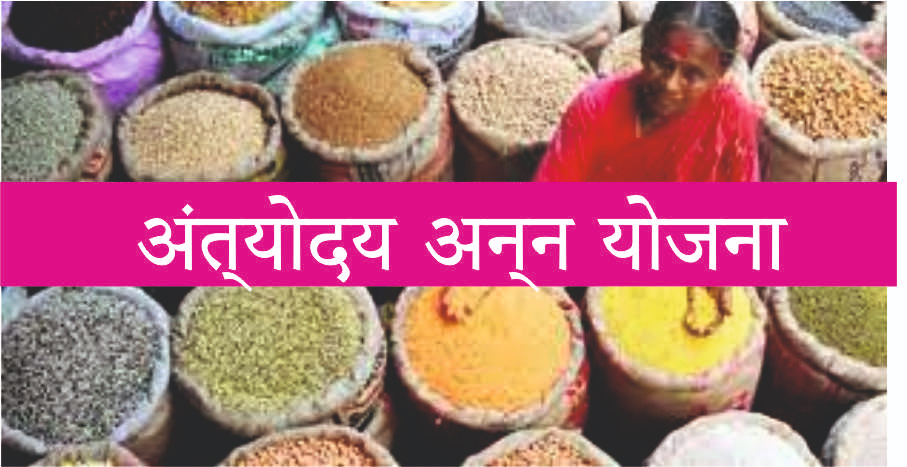Though India is a developing country, governments of different parties at the centre have always introduced schemes to take care of the poorest among the poor as well as the poor. This includes various benefits, and taking care of their monthly ration is one of them. Right now, three categories of ration cards are prevalent as per GoI orders: AAY (Antyodaya Anna Yojana), PHH (Priority House Holds), and NPHH (Non-Priority House Holds). While AAYs are the poorest among the poor and special subsidised food grains, amounting to 35kg per family, are provided to them, PHHs are provided 5kg per member at a subsidised rate of Rs3 per kg for rice and Rs2 per kg for wheat, while NPHHs are provided rations at Rs15 per kg of rice and Rs12 per kg of wheat. All this is provided under the National Food Security Act, 2013, implemented in J&K in February, 2016. However, as usual, a special provision was made to provide additional food grains to the beneficiaries in Jammu and Kashmir, the Jammu and Kashmir Food Entitlement Scheme (JKFES) was introduced, which provides an additional 5 kg of food grains per beneficiary over and above the NFSA scale, as of July 1, 2016. Under JKFES, the food grains are procured from FCI at OMSS rates and then distributed among the beneficiaries at Rs 12 per kg for wheat, Rs 13 per kg for flour, and Rs 15 per kg for rice. This JKFES scheme is right now in abeyance.
Over and above keeping in mind the COVID-19 pandemic rations for AAY and PHH, are being provided free of charge. Practically, the LG Administration is taking care of every need of the poor in Jammu and Kashmir with full support from the GoI. Despite budget constraints and other factors, the priority is that no one goes without food.
But things are never as smooth as they seem to be in Jammu and Kashmir, and the FCS and CA Department is not an exception. A massive increase of almost twenty lakhs in the AAY and PHH card holders has been noticed post-creation of the UT of Jammu and Kashmir, which is beyond comprehension and as such requires proper scrutiny. There are clear-cut guidelines to identify who is to be registered under AAY and PHH with proper documents to support the claim, yet how the public has managed to get themselves fraudulently registered is a matter of serious concern. Ration meant for the needy and poor has been swindled by different means with active inside support. The administration from time to time has plugged various loopholes, like mandatory Aadhaar linkage, and now makes biometric verification mandatory to get ration. Over 30,000 bogus ration cards had been cancelled after this Aadhaar exercise. Earlier, to plug the malpractice of the exchange of good quality wheat at various flour mills, the scheme of providing only wheat was introduced. Separate identification bags are being used with clear-cut markings to identify ration supply material. But conmen are always one step ahead of government efforts to plug pilferage. This time it is making fraudulent ration cards under the AAY and PHH categories. The twenty-lakh increase in AAY and PHH ration cards requires proper investigation. The LG administration has rightly pointed out the suspected fraud and asked the FCS and CA Department to conduct proper scrutiny within the set period. Notification is out, and if no documents are produced with the respective TSO within the specified time, then the ration card will be automatically cancelled. In addition to the cancellation, those officials who helped in issuing these fraudulent ration cards must also be booked, and departmental action must be initiated against them, among other things, to recover the loss to UT from their salary or pension. This time, let an example be set: there is no place for corruption and corrupt under the LG administration.


